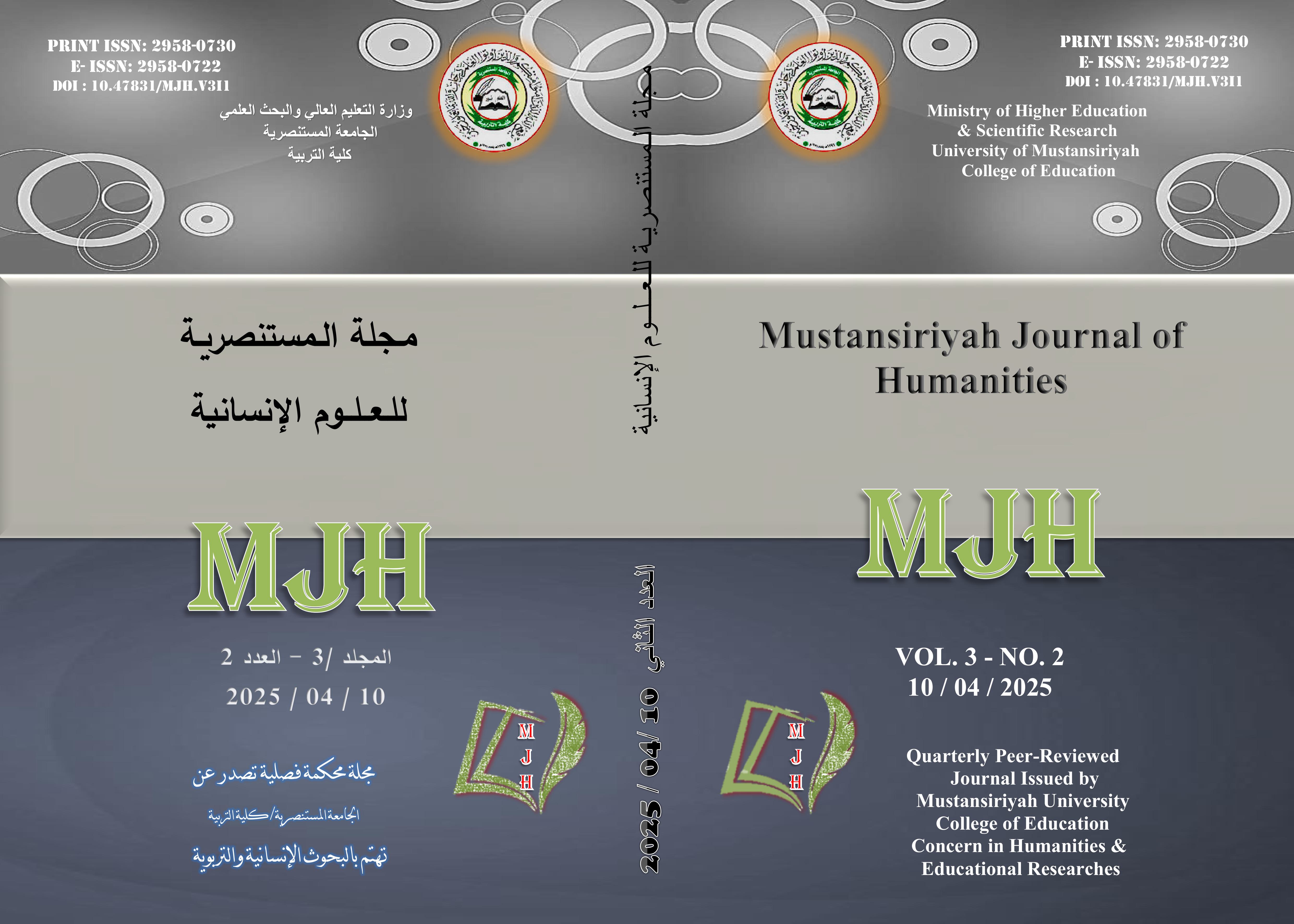Murder and its prohibition in Islam: Al-Wafi by Al-Kashani as a model
DOI:
https://doi.org/10.47831/mjh.v3i2.740Keywords:
murder, Islam, Al-Wafi bookAbstract
This research deals with the topic of "Killing and its sanctity in Islam: Al-Wafi by Al-Kashani as a model", focusing on how Al-Faydh Al-Kashani deals with the subject of the sanctity of killing in his book Al-Wafi. The research begins with an introduction about Al-Kashani's life and the importance of Al-Wafi as a comprehensive hadith reference, then reviews the book and its method in dealing with jurisprudential and ethical topics. The research presents the Qur'anic and hadith evidence on which Al-Kashani relied in his prohibition of killing, and reviews the effects of this crime in Islam from the religious and social perspectives.
The research discusses the importance of the prohibition of killing in Islam as a fundamental pillar for protecting the human soul, and reviews the moral and legal impact of this prohibition in enhancing security and social stability. It also addresses the spiritual impact on the individual and society in light of his prohibition of killing, as Al-Kashani confirms that killing contradicts the objectives of Islamic law and leads to a disruption in social cohesion. The research concludes with a conclusion that emphasizes the greatness of the sanctity of blood in Islam, and highlights the status of Al-Wafi in addressing these important issues, which reflects the great scholarly effort that Al-Faydh Al-Kashani made in explaining and clarifying the issues of Islamic law.





